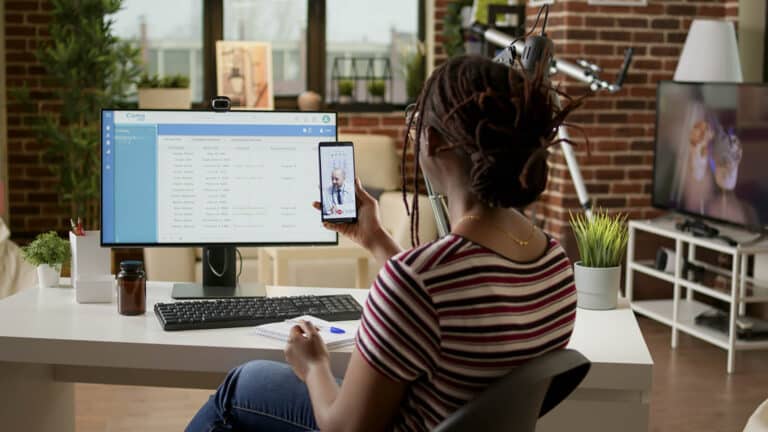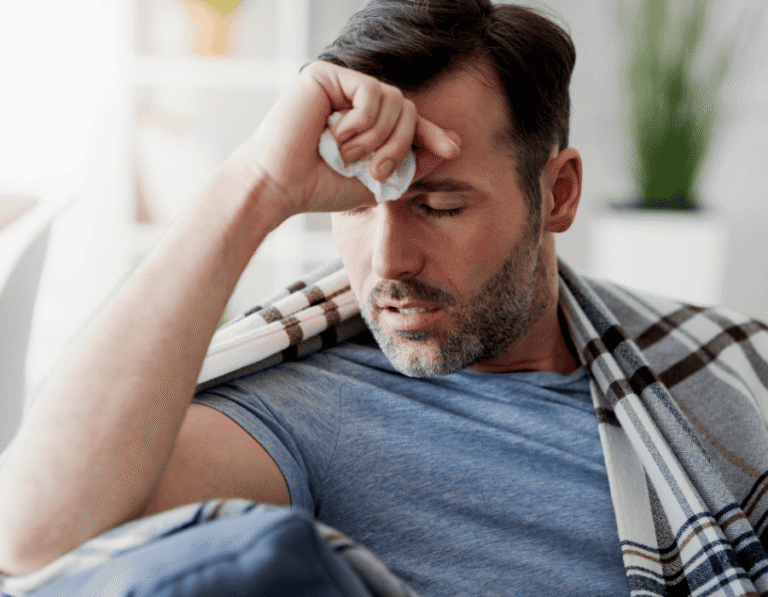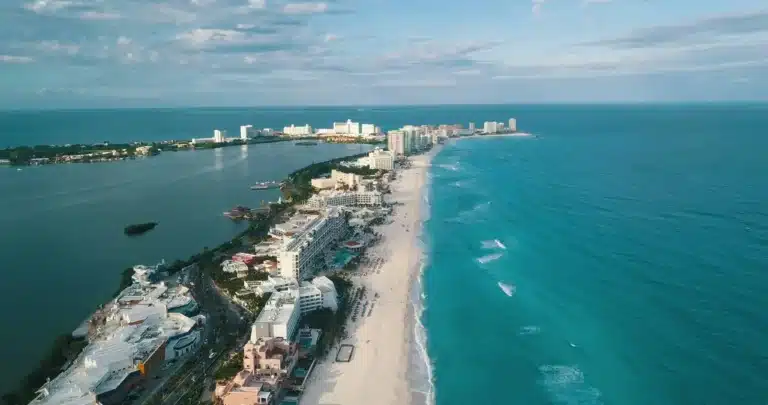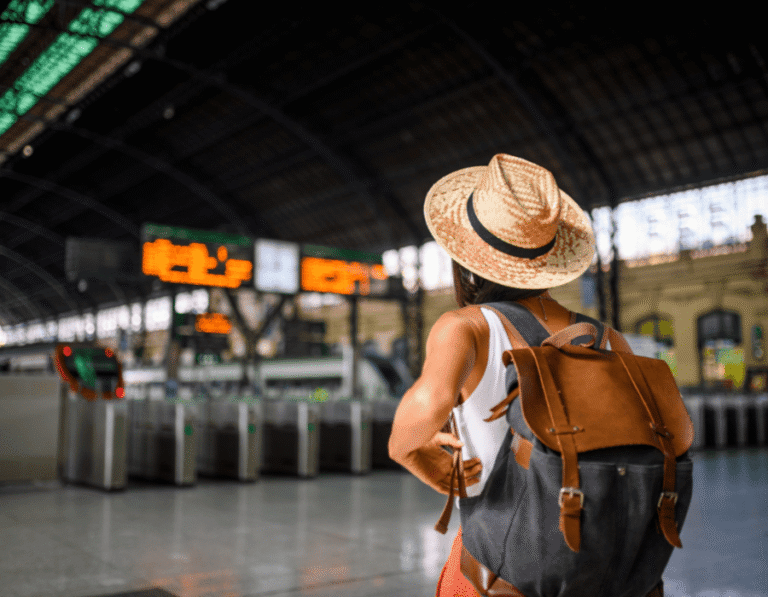Cebu City — the “Queen City of the South” — is famous for its friendly locals, delicious food, and amazing island-hopping adventures. But even paradise can throw you a curveball if you end up feeling sick. Maybe it’s a sudden tummy bug after trying lechon for the first time, a scraped knee from waterfall hopping, or just a headache from too much sun.
If you’re sick in Cebu City, don’t panic. This friendly guide will help you understand exactly what to do — where to find an English-speaking doctor, how the healthcare system works, what pharmacies can help with, and how to get back on your feet without extra stress.
Getting Sick Abroad Can Be Stressful — But You’re Covered
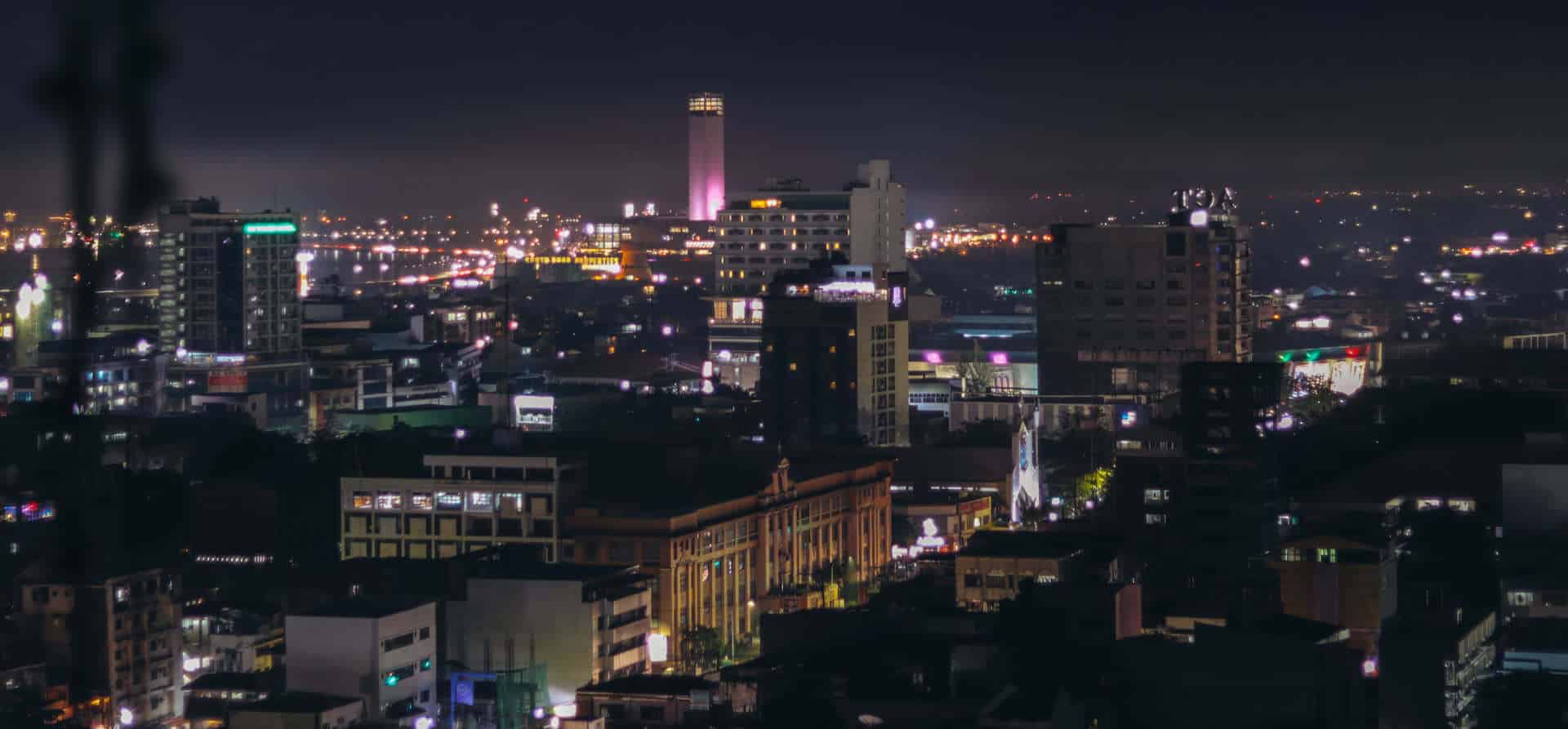
Feeling sick away from home can feel scary. But Cebu City is used to helping visitors — whether you’re a family with kids, a solo backpacker, or a business traveler. Local doctors are friendly, private clinics are modern, and pharmacies are stocked and ready to help you bounce back.
Understanding Cebu City’s Healthcare System
Cebu City has both public and private hospitals and clinics. Many locals use both — but visitors almost always prefer private care because it’s faster, more comfortable, and much more likely to have staff who speak good English.
Private vs. Public
Public hospitals: Affordable for residents but crowded, long waits, and possible language barriers.
Private clinics and hospitals: Shorter wait times, clearer communication, and a better chance of finding a doctor who speaks English well. You’ll pay upfront but can claim it back through travel insurance.
Always carry your passport and travel insurance info if you visit a doctor.
Emergency Medical Care
Emergencies are rare — but it’s smart to know exactly what to do if one happens.
Essential Emergency Numbers
- 911 — National emergency hotline for ambulance, police, and fire.
Save this to your phone as soon as you arrive. Always have your accommodation’s address written in both English and Cebuano if possible.
How to Call an Ambulance in Cebu City
Dial 911 and explain your situation calmly. Many hotels, tour operators, and locals are happy to help you call if needed — don’t be afraid to ask.
When to Go to a Hospital vs. Urgent Care Clinic
Hospital: For chest pain, severe allergic reactions, major injuries, or trouble breathing.
Urgent care or private clinic: For fevers, stomach bugs, dehydration, rashes, sprains, or anything that isn’t life-threatening but needs medical attention.
Pharmacies & Medication: What You Need To Know

For small issues like headaches, mild dehydration, or insect bites, Cebu City’s pharmacies are your best friend. They’re everywhere — attached to malls, supermarkets, and even small street corners.
Most pharmacists speak good English and can help you find what you need. For bigger issues, though, always see a doctor.
Where To Find 24/7 Pharmacies
Some pharmacies are open 24 hours, but not all. Check online or ask your hotel for the nearest one — they’ll know which pharmacy is on duty (or bukas in Cebuano).
What To Do if You’ve Got Travel Insurance
Private clinics expect payment upfront, so always keep your documents safe.
Documents You’ll Need To Submit a Claim
- Your policy number
- A doctor’s note or report
- All receipts for visits and medicine
Tip: Take clear photos of everything and save them on your phone. And always check with your insurer for any extra documents they might need.
Language Barriers
Cebu City is very English-friendly. Many doctors, nurses, and pharmacists speak English well — but it can help to know a few phrases:
- “I need a doctor” — Kailangan ko ng doktor
- “It hurts here” — Masakit dito
- “Do you speak English?” — Marunong ka bang mag-Ingles?
Or just use Air Doctor to find English-speaking doctors only — no language guesswork needed.
How to Avoid Getting Sick in Cebu City
Most travelers feel great the whole trip, but here are a few things to keep you well:
- Stick to bottled or purified water — the tap water isn’t always safe for visitors.
- Use ice only if you’re sure it’s made from filtered water.
- Wash hands often or carry sanitizer, especially when eating street food.
- Eat at busy food stalls and restaurants — higher turnover means fresher food.
- Protect yourself from mosquitoes, especially during the rainy season.
- Wear sunscreen and stay hydrated. The tropical heat can sneak up on you!
Healthcare Tips for Pregnant Travelers & Those with Pre-existing Conditions
Cebu City has good private hospitals with OB-GYNs and pediatricians. If you’re traveling while pregnant or managing a chronic condition:
- Bring extra medication in your carry-on.
- Carry a simple medical summary in English.
- Know where the nearest private hospital or specialist is — or use Air Doctor to find one in advance.
Finding an English-Speaking Doctor in Cebu City
When you’re sick, the last thing you want is to scroll through endless websites trying to figure out who you can trust. Air Doctor takes out the stress — you can see clear profiles, real reviews, specialties, and pricing.
Book a clinic visit, hotel or Airbnb visit, or even a virtual consult if you don’t want to leave your room.
Getting Help Beyond Healthcare
If you lose your passport, need help contacting family, or need an emergency flight home, your embassy or consulate is there to help. Always save their contact details before you travel.
Recap: Sick in Cebu City? Here’s What To Remember
- Private clinics are the best choice for fast, clear, English-speaking care.
- Call 911 for emergencies.
- Use pharmacies for small issues — but see a doctor if you feel worse.
- Keep your travel insurance details and receipts.
- Drink bottled water, wash your hands, and take it slow in the heat.
About Air Doctor
With the Air Doctor app in your pocket, you can access medical care and receive expert medical guidance anywhere you travel.
Air Doctor offers a wide range of benefits, including:
- A global network of over 20,000 multi-lingual doctors and specialists
- Choice of clinic, at-home (hotel), and video consultations
- Healthcare access in 90 countries
- 24/7 multi-lingual support
- Transparent pricing and reviews
- Most common medical specialties, including cardiologists, GPs, and dentists
FAQs
Nothing unusual — but tummy bugs and mosquito bites are the most common. Always use repellent and stick to safe food and water habits.
Drink bottled water, eat at reputable places, wash your hands, and protect yourself from mosquitoes.
Mosquitoes are common, especially in the rainy season. They’re more of an annoyance than a danger — but always use repellent to be safe.



